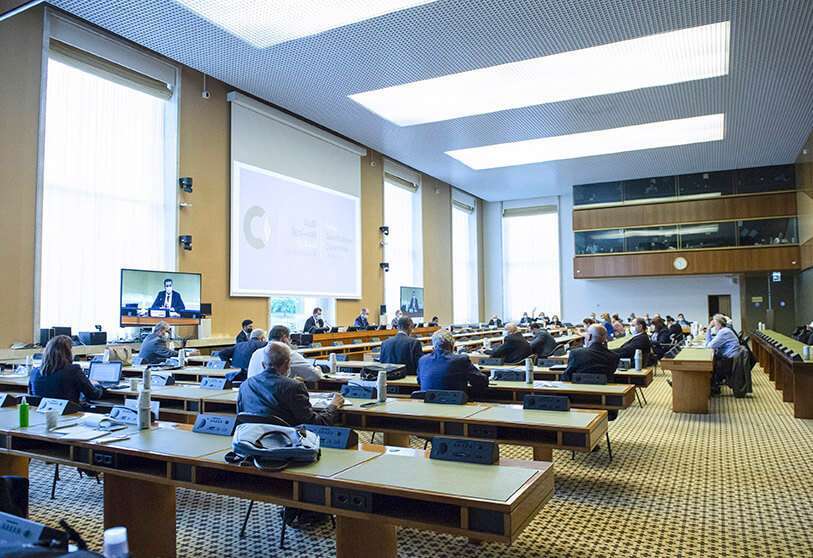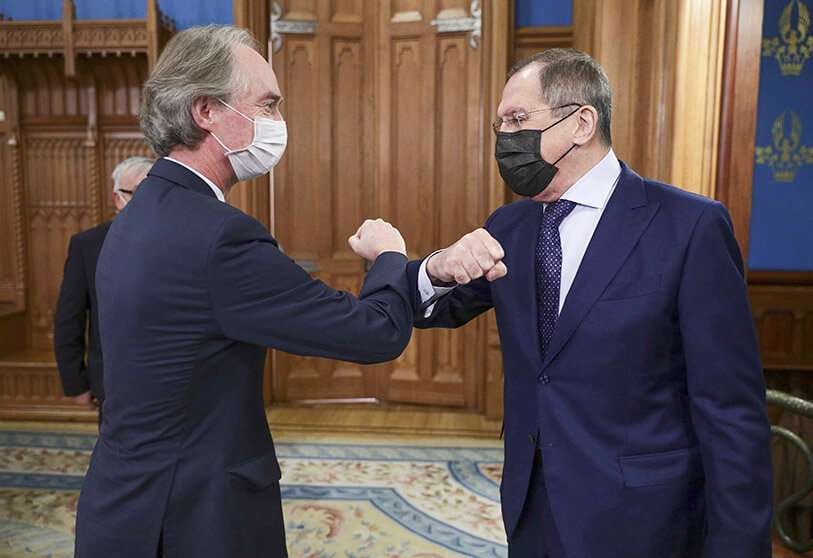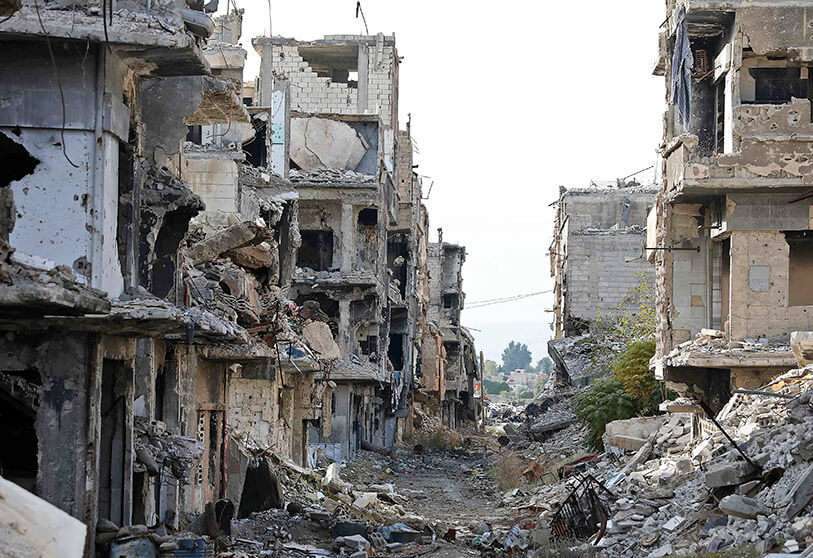Fourth round of Syrian peace negotiations begins

The so-called Syrian Constitutional Committee, made up of 150 members representing the government, the opposition and civil society - fifty on each side - is meeting again today in what will be the fourth round of negotiations on the future of Syria. These negotiations are hosted by the United Nations and the UN Special Envoy for Syria, Norway's Geir Pedersen. The previous one, which took place in August owing to the restrictions related to the pandemic, and the first two that took place in November last year, scarcely a month after the committee was set up, evidenced the distance between government and opposition and the difficulty of reaching significant agreements.
Geir Pedersen announced at a press conference on Sunday that for these negotiations "there is no deadline", which should make it easier to reach an agreement. "The meetings will take place until Friday, and then will resume in January," the UN special envoy said. Despite the mistrust between the parties, Geir Pedersen is confident that the foundations can be laid for this new constitution at the beginning of 2021. The opposition, led in these negotiations by Hadi al-Bahra, does not share the optimism, as it considers that al-Assad is seeking to prolong the process, while at the same time consolidating its military advance with which to strengthen its role in the negotiations.

The Norwegian diplomat has done his homework with a view to this new round of negotiations and, aware of the influence of many external players in the Syrian conflict, has made a series of trips to some of these countries to take the pulse of how the process is being taken. Pedersen has thus travelled to countries such as Turkey, Saudi Arabia, Egypt, Iran and Russia, in addition to meeting with the Arab League, attempting to ensure the best possible harmony before the start of this new round and avoid fiascos such as the one that took place a year ago, when the second round was considered lost directly from day one.
United Nations Resolution 2254, adopted by the Security Council at the end of 2015, addresses the need to revise the current Syrian Constitution, which dates from 2012. It also included the need to hold elections under its supervision. The aim of this committee is to apply the provisions of this resolution and thereby attempt to put an end to a conflict which has left almost 400,000 dead since 2011.

"We knew that we would have to overcome a great deal of mistrust and that this would take time. I hope that we will start to generate that trust between the parties," said Geir Pedersen during Sunday's press conference. The goals set are not easy to achieve in a situation that has seemed to be stagnating for years and in which many players have interests, including some, such as Turkey and Russia, whose presence in the region is growing, not only in Syria but also in Libya.

According to the United Nations, the Syrian conflict has left over six million internally displaced persons, the highest figure in the world, over a third of whom are children. These numbers bear witness to the violence the country has experienced over the past decade following the protests against Bashar al-Assad's regime in the context of the Arab Springs that swept through North Africa and part of the Middle East, leaving Syria in the worst situation of all. Over the years and with international assistance in the fight against the self-proclaimed Islamic state, forces loyal to Damascus have gradually taken over the territory lost in the early years, when the various Islamist and anti-Assad militias took over a large part of the territory. The continuity of the Asads as rulers of the country was then questioned, but almost ten years later they are an essential part of the resolution of the conflict that will be discussed in Geneva these days, and whose government representative will be Ahmad Kuzbari.









